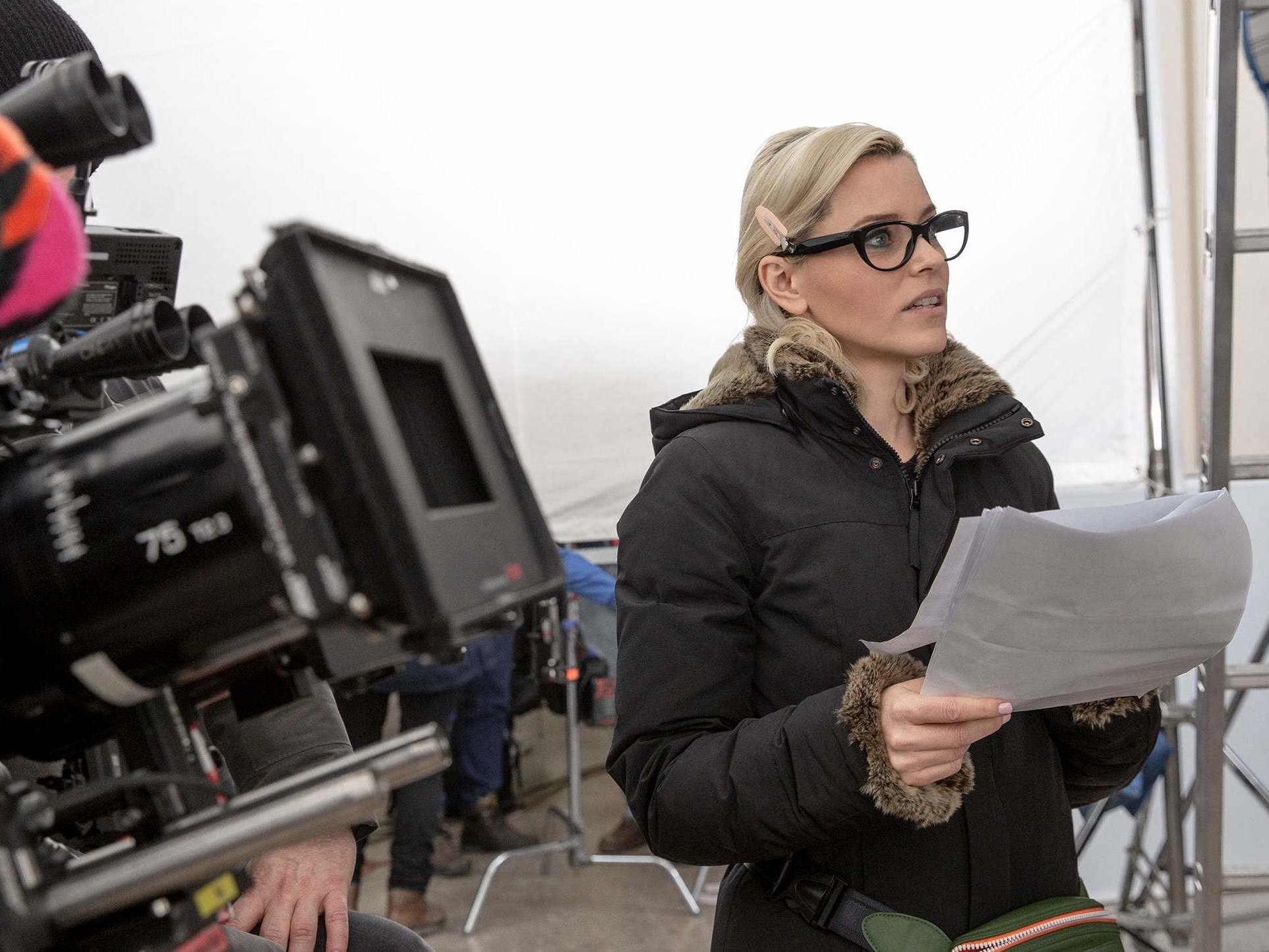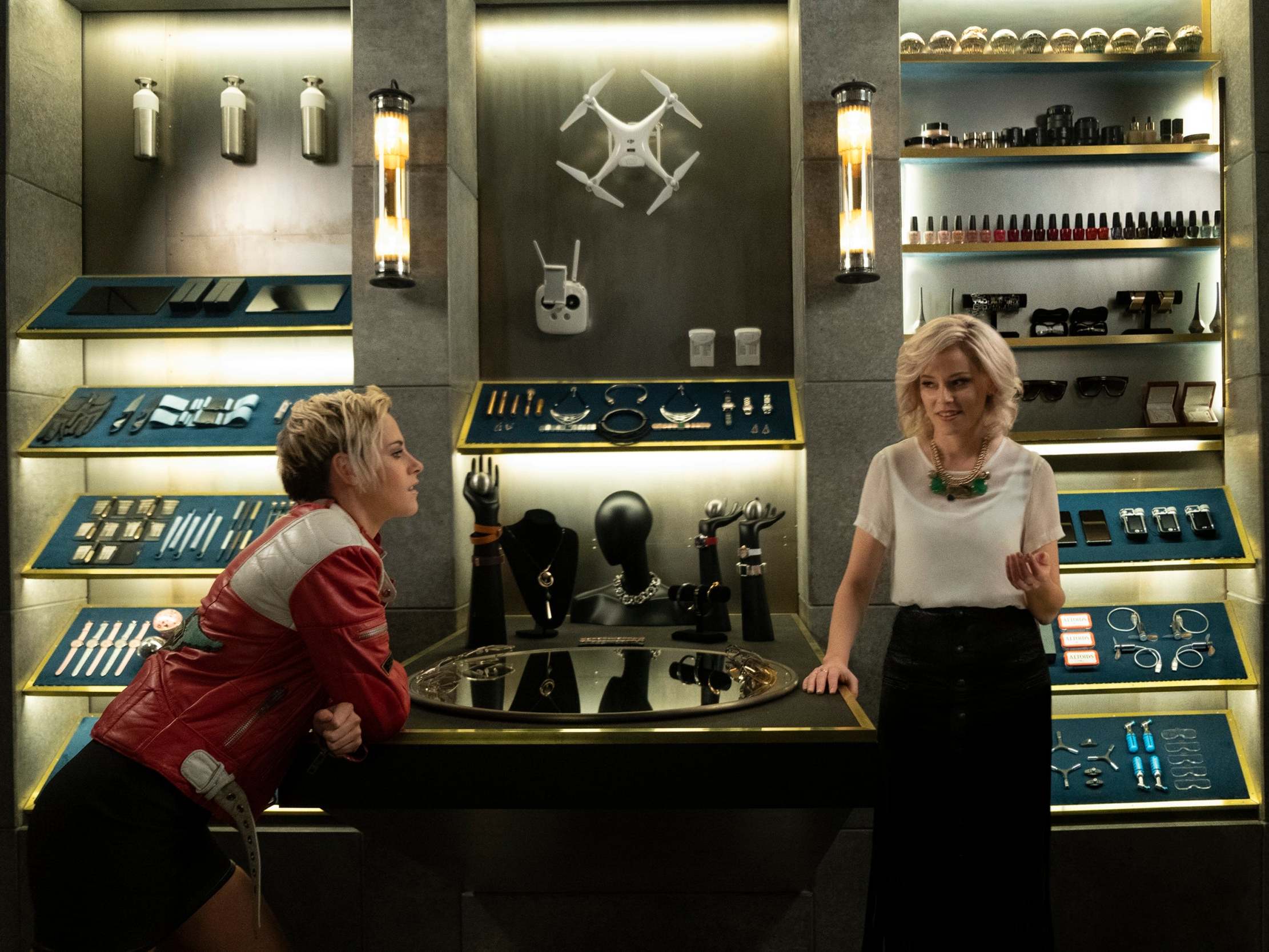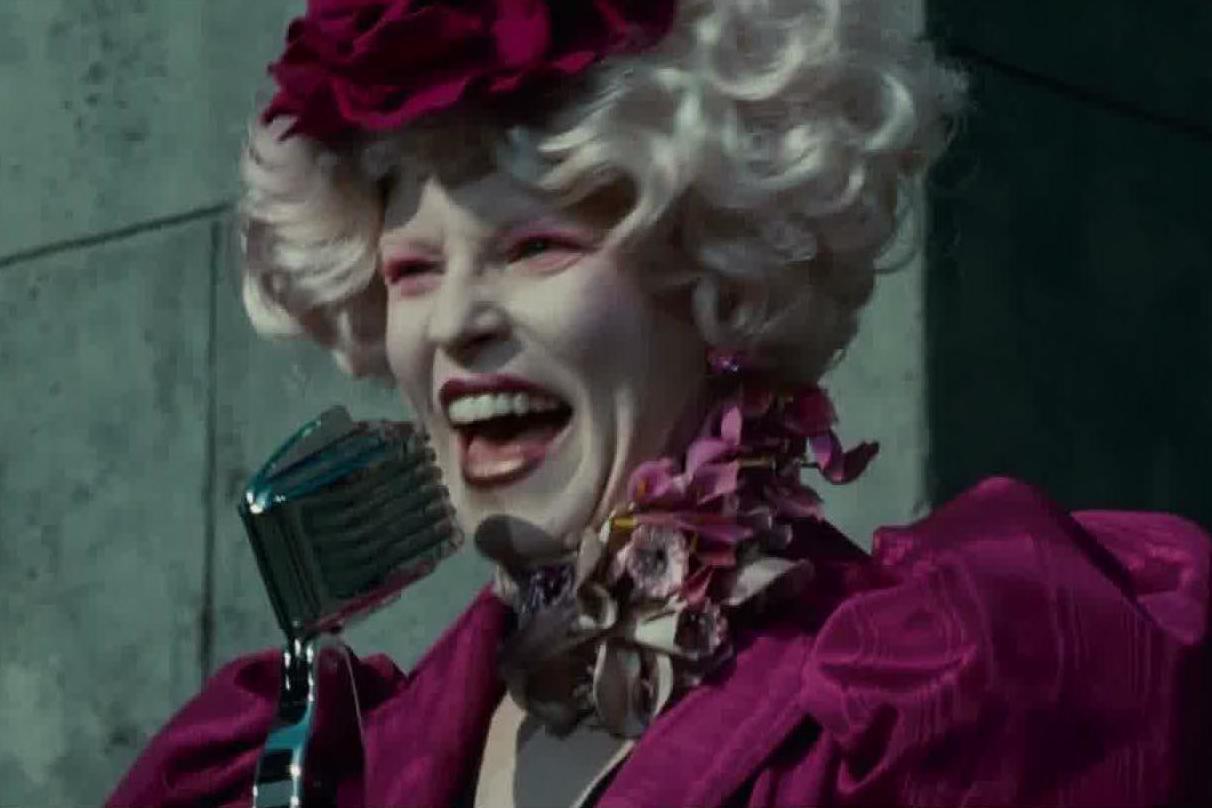Elizabeth Banks interview: ‘I encourage female filmmakers to reach for bigger movies’
Actor and director behind ‘Charlie’s Angels’ reboot tells Kyle Buchanan that she hopes more and more women get to do every job behind the camera

Actor and director Elizabeth Banks is bullish about the new opportunities offered by streaming services, but she has noticed that the entire industry has been tightening its purse strings. “Everything is now being scrutinised so deeply that it’s getting harder and harder to get these deals done,” says Banks, who is directing Charlie’s Angels for Sony, before going on to talk about the future of film and what it’s like to be one of the few women behind the cameras in Hollywood.
Before we look to the next 10 years, what have you personally noticed that has changed in the movie industry over the past decade?
There’s a lot more work, but it’s a lot harder to make money on anything. It’s one of the reasons the unions are up in arms right now. For low-end workers, the people on the tail of those big productions, it’s a lot harder to get by. And that’s true for middle-class actors and writers, too. In the old days, you could pay off student loans making a commercial – and that happened to me in the early 2000s! That’s because the union did a great job of protecting us. Now, most commercials are non-union, and somehow the advertising industry is getting away with that.

So, even for top-tier stars, do you think the simple idea of a huge paycheck based on box-office performance will be harder to measure in the streaming era?
I arrived in Hollywood at the very end of the heyday of big movie stars, and you hear through the grapevine about things like Keanu Reeves’ Matrix deal [he reportedly made more than $100m]. The idea of those types of deals happening now? It’s much harder. Every negotiation is much harder. The internet has changed a lot of things. People have been putting out their content for free on YouTube because they want to get noticed, and suddenly the value of their work goes to zero. We’re still kind of coming back from that, in my opinion.
When you’re updating a property like ‘Charlie’s Angels’ that’s intended to become a major franchise over the next decade, what are you anticipating about the changing audience?
The last Charlie’s Angels movie was made nearly 20 years ago, and it was very star-driven: Cameron Diaz was the biggest female star at the time, Drew Barrymore was huge, and Lucy Liu was coming off a hit show with Ally McBeal. That felt like it was enough, you know?
But now you have got to think about selling the movie all over the world – you can’t just have girls on the beach in California. The idea of setting the movie on a global scale opens it up to various audiences. Everything these days feels like you want it to be event-ised in a way.

And you have got to have diversity in casting it. Young people especially want to have ownership over what they’re seeing, and when they discover someone, that sense of ownership feels real to them. The idea that films and TV are star-driven is falling away a little bit.

Watch Apple TV+ free for 7 days
New subscribers only. £8.99/mo. after free trial. Plan auto-renews until cancelled

Watch Apple TV+ free for 7 days
New subscribers only. £8.99/mo. after free trial. Plan auto-renews until cancelled
What will the landscape look like for female directors a decade from now?
Oh God, I’m trying to be hopeful. I’m excited because I made Charlie’s Angels at Sony and they also made movies this year with Greta Gerwig and Marielle Heller, both of whom I admire so much. My hope is that more and more women get to do every job behind the camera.
The good news is that there’s more than just Kathryn Bigelow, although I will say that there always has been more than Kathryn Bigelow. I encourage female filmmakers to reach for bigger movies. We work in an industry where we’re second-class citizens on many levels, and it takes a lot of courage and confidence to go in and say: “Give it to me.” But I meet those women all the time. They’re here, they’re ready to do the job, and they just need the opportunity.
When you’re putting together a new project, how often are you asking yourself, should this be theatrical or streaming?
All the time. We’re all storytellers, and we all want to get the most eyeballs on the story. We’re constantly asking ourselves what we think the best home is for the content, and it’s also been sort of liberating to feel like you can get a piece of material that you think is going to be a huge movie, and then two years into developing it you realise, you know what? We should break this up into six episodes and make it a limited series! That’s actually an option now.
Do you think there are certain genres that simply aren’t going to come out in theatres anymore?
I do believe the theatrical experience is going to be more and more event-ised for major studios, but for someone like me who grew up on romantic comedies, watching them come back on streamers has been really gratifying. People actually like this stuff that the studios stopped giving them, and the streamers picked up the slack. So that’s one example of how streamers can make these sorts of midrange movies that the big corporate studios are not as interested in putting out theatrically.
Look, as someone who grew up with art-house theatres who went to Lincoln Centre to see Sex, Lies, and Videotape, I’m really bummed out to not have that same sense of community in the theatre any more. But indie film is still happening, people are just consuming it more and more on their couches. I think it’s actually an opportunity for the midrange movie.
When you talk to people younger than you about the way they watch movies and consume pop culture, what do you find striking?
I find that young people really want to interact with the experience, they don’t just want to be presented with the experience. That means social media gets involved, and they’re sharing it with other people. But honestly, that feels very similar to what I felt growing up. I didn’t go to the movies alone very often – you’d go to the big animated movie with your family, or you’d sneak into a film with your friends on Friday night.
The biggest difference is that there’s just way more choices. It’s all about how you cut through.
© New York Times
Join our commenting forum
Join thought-provoking conversations, follow other Independent readers and see their replies
Comments